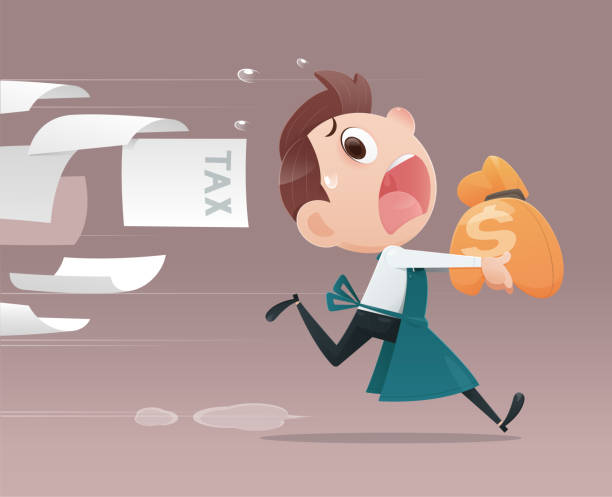A special interest group in Tacoma is pushing a rent control initiative that will only increase the cost of rental housing and make living in Tacoma more expensive. The result of years of restrictions and limits mandated by politicians in Olympia on rental properties, is forcing property owners to increase rents to cover the additional costs from over regulation. Some property owners, because of these rules, are unable to evict bad tenants and experience extensive property damage, legal fees, and loss of rental income.
Tacoma For All, the group behind initiative Tacoma Initiative 2023-01, is attempting to make many of the punitive rules permanent, and additionally, add several new restrictions.
Initiative 2023-01, officially named “Citizens’ Initiative 2023-01 concerns enacting rental requirements for landlords and rental rights for tenants” would;
- Cap late rent fees at $10.
- Limit pet deposit fees to 25% of one month’s rent.
- Require notification of rent increases 180 days prior to the rent increase with the notification process managed by the City of Tacoma with significant penalties for non-compliance.
- Require property owners to pay 2 months’ rent in moving costs if the rent increase is more than 5% and up to 3 months’ rent if the increase is over 10%.
- Make an eviction of a student, school worker, teacher or parent of student illegal during the school year. This would make the vast majority of evictions impossible, even for perpetually bad tenants.
- Make an eviction illegal for anyone between November 1 and April 1.
- Create non-compliance penalties of up to 5 times the monthly rent should any violation of any provision of the initiative should it pass.
There is already a significant amount of protection for tenants in Washington State law against unscrupulous landlords. Initiative 2023-01 is a policy that would not help keep rents down, instead it’s a policy that would do exactly the opposite.
As an example, a property owner that rents a duplex for $2000 a month, could see fees and fines in excess of 8 months’ rent (5 months’ rent in fines and a 3-month rent moving fee) on the property if they are forced to increase rent to cover unexpected costs, for example a water leak or roof failure. This would equate to a $16,000 fine to the property owner. This is likely to be passed to the next renter. Even if the property owner spread the cost over three years, a $24,000 annual rent would increase by over $5,000 per year and that doesn’t include the cost to fix the original problem.
The provisions of the initiative come with a cost to the rental property owner and hidden costs to the renter. These costs will be passed on to the renter in the form of higher rents. No property owner is going to operate a rental property at a loss, but this is exactly what the Political Action Committee (PAC), ‘Tacoma For All’, in its material, would like the voter to believe.
The initiative also doesn’t consider a bad renter in a property. It is quite possible that a renter, that has failed to pay rent on time, can demand to be paid at least 2 months’ rent to leave the property should the rent increase by 5% or more. Given recent inflationary pressure, this is a likely scenario. Not only could the property owner not receive rent, but they would also have to pay to relocate the bad renter.
The impact from ill thought out, regressive rent policies fall hardest on those least able to pay and directly reduces the amount of household income available. While supporters of Initiative 2023-01 describe it as “A Tenants Bill of Rights”, it will have exactly the opposite effect and increase the cost of living in Tacoma and reduce the supply of cheaper rental housing in the community.
There will be a reduction in available rental housing as property owners, unwilling to take the financial risk of the penalties from a bad renter, will exit the market. Reduced rental property supply will increase rental rates.
Bellingham voters have rejected similar rental proposals in the past.
Initiative 2023-01 is bad policy and voters should consider the true effect of the legislation when voting this fall.






